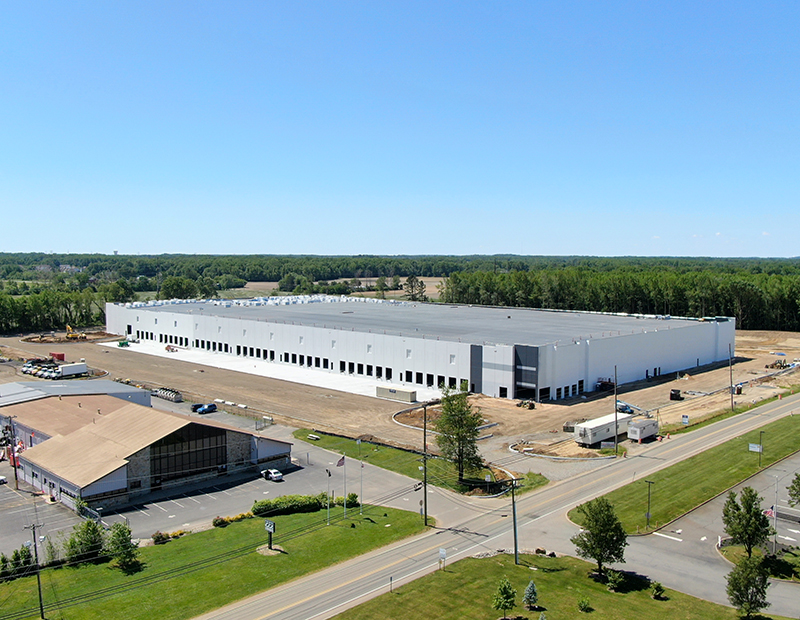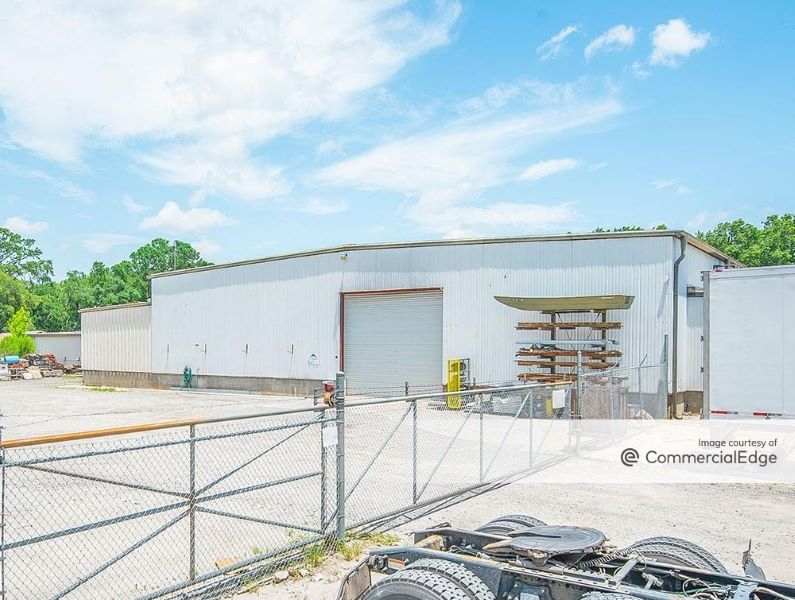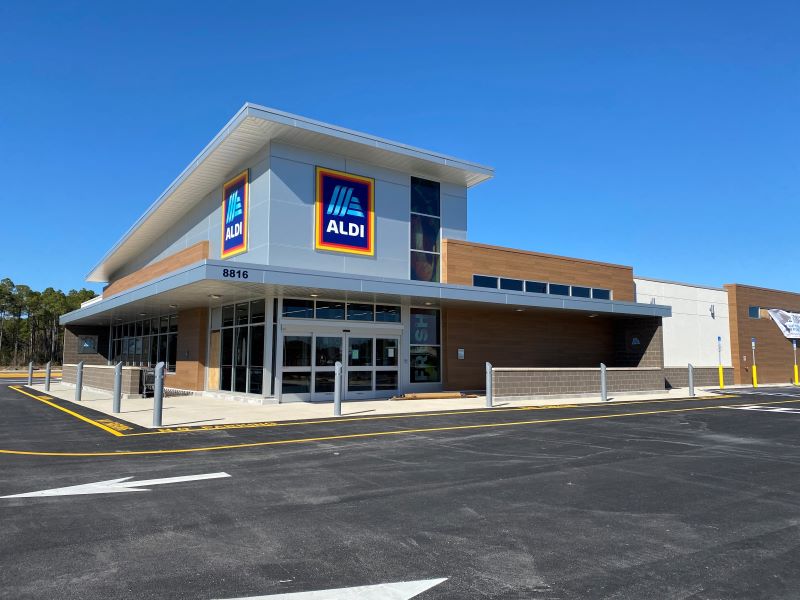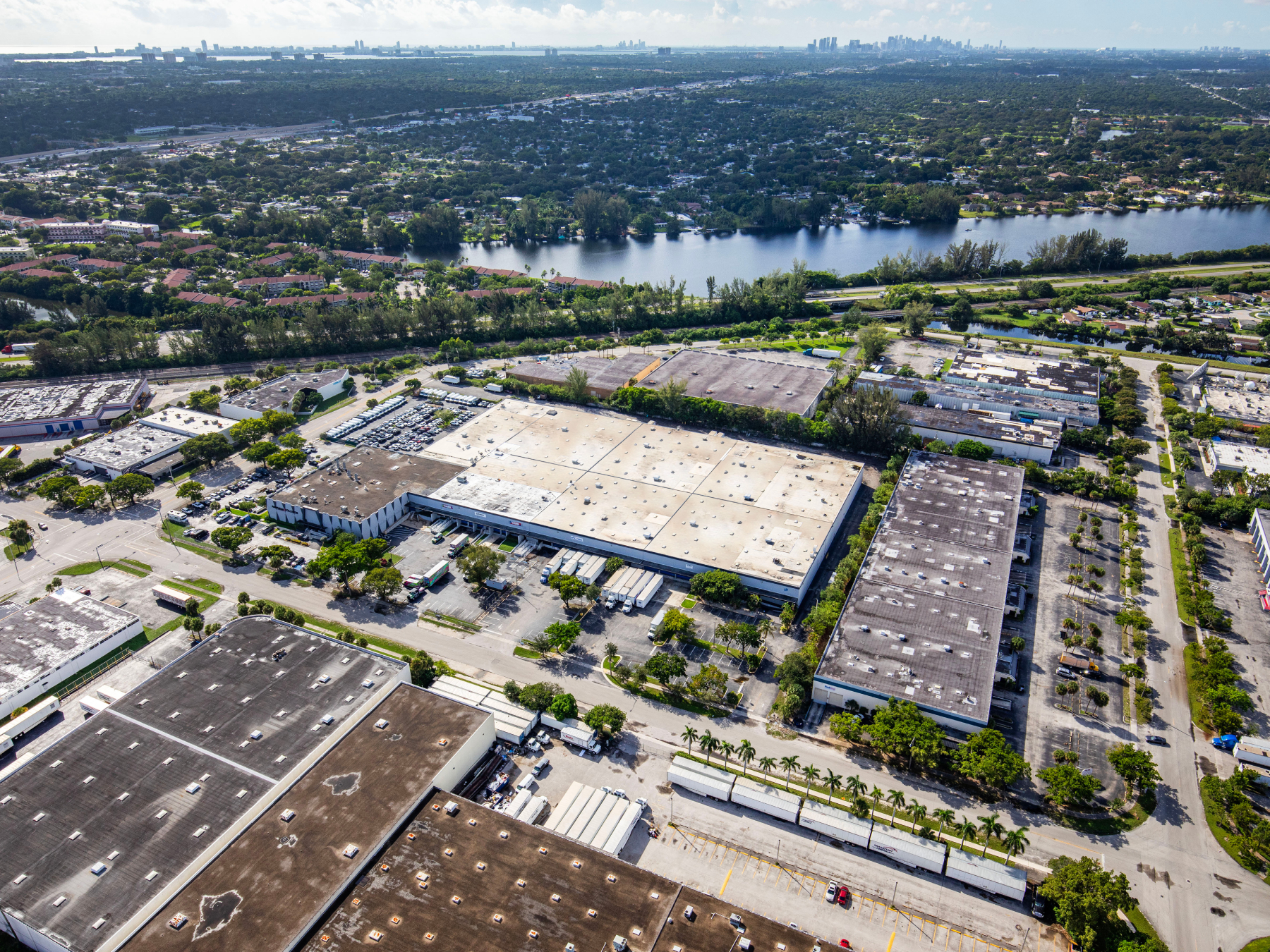COVID-19 Fuels Growth in Cold Storage
Scout Capital Partners’ Vincent Signorello provides insights into the cold storage industry and the pandemic's impact on the sector.
Demand for cold storage has been on the rise in recent years due to an increase in online grocery sales. The coronavirus outbreak prompted nationwide lockdowns, further encouraging online shopping and increasing the demand for climate-controlled warehouses. However, demand for cold storage supply is lagging, as approximately 75 million to 100 million square feet of climate-controlled space will be needed to meet the demand for direct-to-consumer food delivery services, according to CBRE.
Vincent Signorello, the founder of Scout Capital Partners, provides insights into the cold storage industry and unveils details about the company’s recent investments, plans and strategies for the future.
READ ALSO: Industrial Real Estate’s Positive Prognosis
Scout Capital recently acquired a 332,000-square-foot cold storage facility under development in southern New Jersey. Tell us more about this deal.
Signorello: Scout Cold Logistics Center, in the heart of the Eastern Seaboard, will be a core asset within our national network of climate-controlled facilities. Our leasing strategy for the development will target local, regional and national perishables operators who are seeking flexible, climate-controlled assets. The facility is equipped to serve tenants in the perishables industry such as online retailers, supermarkets and pharmaceutical companies. This location also allows them to be within a three-hour drive of more than 40 million consumers within the greater Washington, D.C., Philadelphia and New York City areas.
Additionally, the facility’s modern design features and excellent location offer property tax incentives that will provide significant financial benefits to tenants in the long term. About 97,000 square feet has already been preleased to a perishables logistics company. We have also partnered with Colliers International’s Food Advisory Services team—a highly specialized service provider in the cold storage industry—to spearhead the remaining leasing efforts for the property.
Did you face any challenges related to financing the acquisition?
Signorello: The acquisition of the new cold storage development in New Jersey was capitalized through private institutional capital. No financing was arranged for the deal. We anticipate utilizing a moderate level of financing upon fully leasing and stabilizing the Scout Cold Logistics Center property.
What is your strategy when choosing a location or market to invest in?
Signorello: At Scout Capital Partners, our mission is to get as close to the consumer as possible, directing our investment to facilities near densely populated communities. Scout Capital is currently developing a national network of climate-controlled logistics centers in proximity to major metropolitan areas such as Atlanta, Chicago, Los Angeles and some of the larger Texas markets. From a perishables import perspective, we are interested in every market with access to major seaports, which was one of the many appeals of the Scout Cold Logistics Center in southern New Jersey.
Tell us about the current cold storage supply across the country. Will supply catch up to demand?
Signorello: The U.S.’s supply of cold storage facilities is wholly inadequate to match the increasing demands of food distribution. This will only continue to grow in the next few years with the increase of online grocery shopping, coupled with the need for storing highly perishable pharmaceuticals and medical supplies. This trend has been accelerated by the COVID-19 pandemic, and is expected to intensify due to the continued growth of online grocery shopping.
Do you expect e-commerce demand in the grocery space to remain high beyond the pandemic?
Signorello: The pandemic has absolutely accelerated the pace of change for cold storage facilities. Prior to COVID-19 and the rapid shift to e-commerce, there was a growing need for the cold storage industry. The pandemic was a bit of a tipping point. There was also already a need for newer assets, as institutions that were using older facilities wanted to upgrade based on the inefficiencies of existing assets. In the perishables logistics space, there’s a swift reaction to increased e-commerce demand in the grocery space. Right now, online grocery shopping represents just under 3 percent of total grocery purchases, but many projections indicate growth to 7 percent or 8 percent in the near term. This increased demand will translate into significant growth in the cold storage sector.
What are some of the challenges and risk factors associated with investment in cold storage, and how can investors avoid them?
Signorello: The availability of land and labor in major metro areas represent two relevant barriers to entry in the cold storage segment of the industrial real estate market. The same dynamic also holds true for traditional or nonperishable logistics operations. Separately, the high cost and specialized nature of cold storage build-outs limit the number of investors and developers that can capably deliver these types of assets. We expect that tight supply and strong demand for cold storage will lead to increasing rental rates in the medium to long term.
READ ALSO: Grocery Stores Pick Up, While Most Retail Slows Down
Do you think online grocery fulfillment will shift from a brick-and-mortar concept to a warehouse environment?
Signorello: At present, a significant amount of online grocery fulfillment is occurring in the actual retail grocery environment. This operating protocol is merely a stopgap that allows the grocers to satisfy the immediate online shopping demand that they are experiencing. We strongly believe that online fulfillment will shift to warehouse locations that will be more efficient and cost-effective for the grocers and others along the perishables supply chain. Overall, this type of shift will likely dictate smaller, in-fill perishable warehouse operations that can service rooftops in major metro areas.









You must be logged in to post a comment.